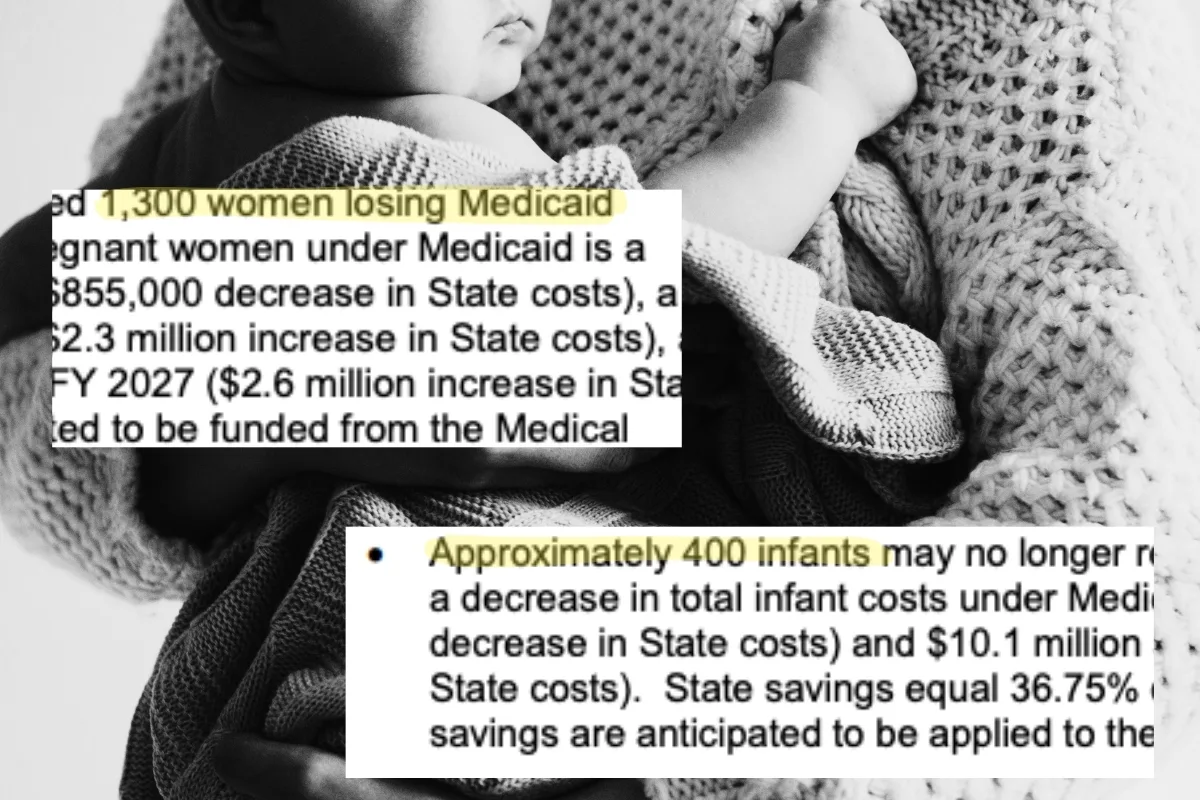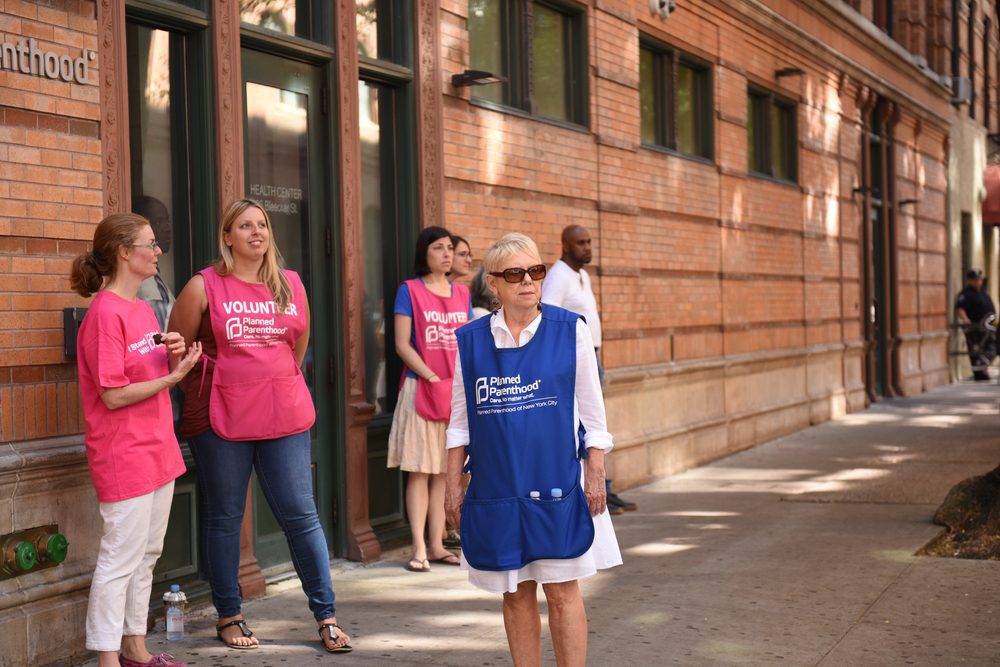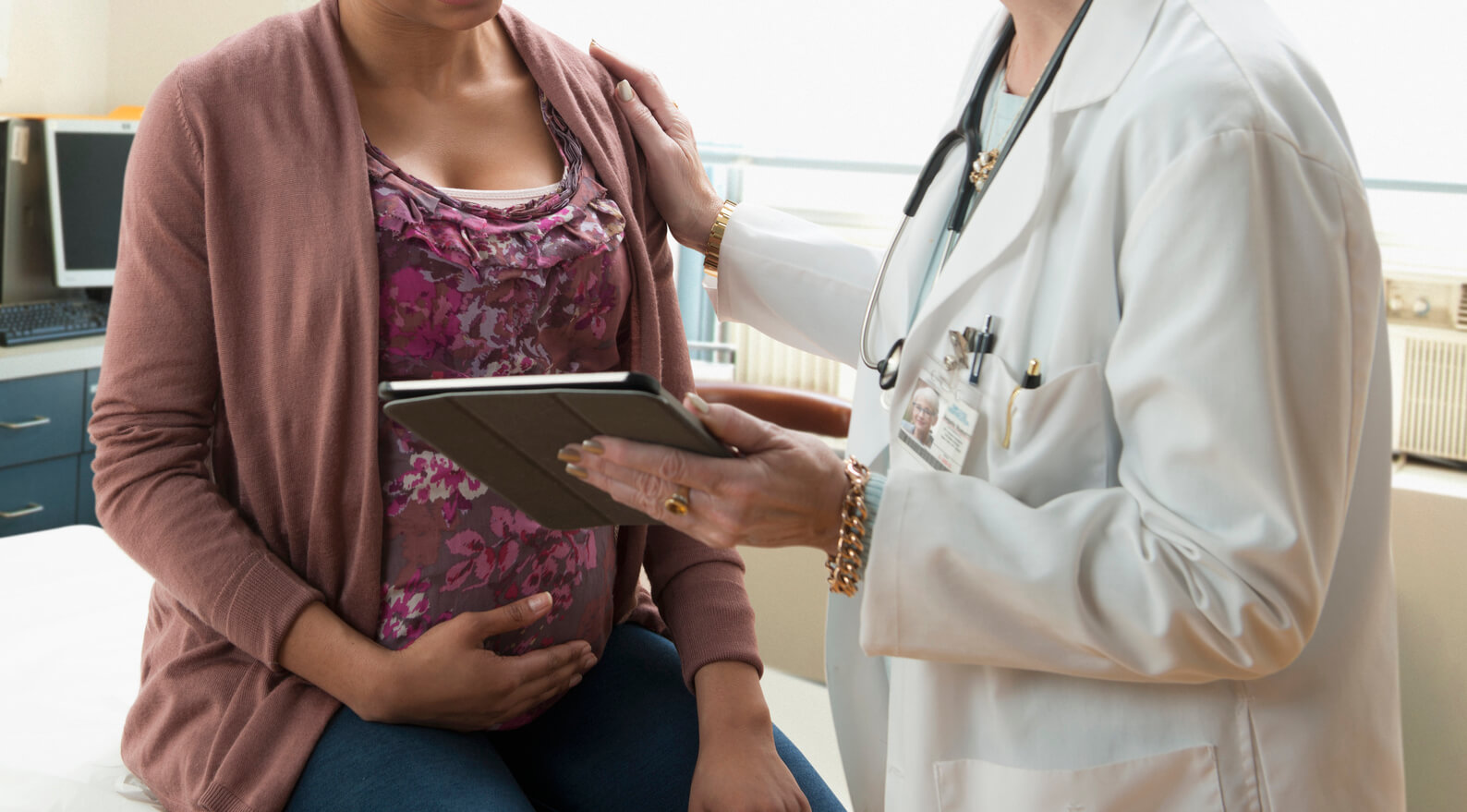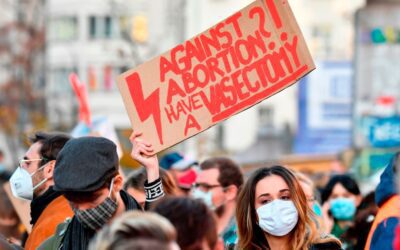
Thousands of Iowa women and hundreds of babies could lose Medicaid coverage under a bill that passed through the Iowa Senate.
On Monday, the Iowa Legislative Services Agency released a fiscal note for SF 2251, a bill that would expand postpartum Medicaid coverage but limit eligibility for pregnant people. The agency notes that the Iowa Department of Health and Human Services (HHS) “reports that…approximately 1,300 women with income between 215.0% and 375.0% of the [federal poverty line] and 400 infants in families with income between 302.0% and 375.0% of the FPL,” could lose Medicaid coverage.
According to the HHS, 10,800 Iowans have Medicaid for pregnancy-related reasons. The current eligibility includes people up to 375% of the poverty line, but SF 2251 would reduce that number to 215%. For infants, coverage would be reduced from 375% to 302%.
An income of 375% for a family of four is $112,500 per year, according to 2023 poverty guidelines from the US Department of Health and Human Services. An income of 215% is $64,500 per year. An income of 302% is $90,600.
MaryNelle Trefz, advocacy network director for Iowa ACES 360, said using these metrics to determine who should qualify for health-care coverage is misleading.
“There’s this perception that obviously these households that are between 216 and 375, there’s obviously some source of income,” she said. “These are working Iowans, they have a source of income, but they also don’t have another form of employer-based insurance. Otherwise, they would not qualify for Medicaid.”
Employer-based insurance isn’t available for self-employed people or for those who work for small businesses or don’t have enough hours to qualify as full-time employees.
“In general, Medicaid is the payor of last resort,” Trefz said. “So if you have access to employer-based health insurance coverage, you are not going to qualify for Medicaid.”
What’s the point?
The intent of SF 2251 was to expand Medicaid coverage for pregnant Iowans from the current 60 days post-birth to a full year post-birth, which Gov. Kim Reynolds named as one of her legislative priorities this year. Advocates have been pursuing the change for years, and Iowa is one of the last states in the country to expand coverage.
At a subcommittee hearing early in February, Sen. Mark Costello (R-Imogene) said he was comfortable restricting eligibility and said people who make 375% of the poverty line “should be able to have insurance or take care of yourself at that rate.” He and the governor’s office argued the change in eligibility will save money and bring Iowa in line with other states, which have never had their eligibility at 375%
The fiscal note did suggest the law would save money, but not for long: “Senate File 2251 is estimated to decrease State costs by approximately $1.7 million in FY 2025 and $40,000 in FY 2026 and will increase State costs by $286,000 beginning in FY 2027 and continuing annually.”
Impact of restricting eligibility
Keeping the eligibility at 375% of the federal poverty line has historically been a sign that Iowa understands the value of ensuring health care for babies and for pregnant people, said Trefz. It means a pregnant person has access to all Medicaid services for as long as they’re pregnant and for a time after they give birth.
Bottom line, Trefz said, “lowering the income eligibility means taking away health insurance coverage.”
That coverage includes prenatal visits and everything needed to recover from childbirth. It also covers health problems that can arise from pregnancy and childbirth including heart conditions, diabetes, seizures, and mental health issues, among others.
In a state with rising rates of infant and maternal mortality—which is measured during the first year after birth—Trefz said Iowa needs to consider its commitment to taking care of all moms and newborns.
“We know that some of the most deadly pregnancy-related conditions don’t show up within the first 60 days after,” Trefz said. “It might be four months, five months, six months down the line.”
She said children are generally inexpensive to cover for health insurance because they are generally healthy, though there are exceptions.
“But if we don’t provide them that access to health care, then they’re more likely to grow up to be less healthy adults with more costly health conditions,” she said. “I think it’s seen with pregnant women in general. Pregnancy is not that expensive to cover, but if something goes wrong, it can go horribly wrong.
Support Our Cause
Thank you for taking the time to read our work. Before you go, we hope you'll consider supporting our values-driven journalism, which has always strived to make clear what's really at stake for Iowans and our future.
Since day one, our goal here at Iowa Starting Line has always been to empower people across the state with fact-based news and information. We believe that when people are armed with knowledge about what's happening in their local, state, and federal governments—including who is working on their behalf and who is actively trying to block efforts aimed at improving the daily lives of Iowan families—they will be inspired to become civically engaged.


More Iowans leave state for abortion care as demand for help surges
Since Iowa’s near-total abortion ban went into effect in July 2024, the number of residents seeking abortion care outside the state has surged...

House GOP fast-tracks budget bill that would cut off Medicaid funding to Planned Parenthood
The budget package proposes steep health care cuts—and includes a new push to block patients from accessing reproductive care. In a 30-24 party-line...

Report: Majority of pregnancy-related deaths in Iowa could have been prevented
A newly released report found that 95% of pregnancy-related deaths in Iowa were preventable, and those deaths disproportionately affected women who...

Shattering stigma: Iowa woman shares her abortion story to empower others
There are different types of people who seek abortions. Here is the story of one of those women—the everyday woman who accidentally got pregnant....

New Iowa bill would ban abortion pill, sparking backlash
Republican proposes bill to effectively end 74% of abortions in Iowa by banning a pill that’s safer than penicillin and Viagra. Seventy-four...

Way more Americans are getting sterilized since Roe was struck down, research finds
A new study has found that from May to August 2022, vasectomies surged by 95% and tubal sterilizations increased by 70% among adults ages 19 to 26....





